Across the world, calendars carry celebrations that feel familiar only to those who grew up with them. Some holidays are tied to old customs, some to national history, and others simply reflect what a community values. When a tradition is shaped by local stories and shared memory, it rarely travels well, no matter how joyful or meaningful it might be elsewhere. Exploring these non-American observances offers a glimpse into how culture decides what is worth stopping life for.
Boxing Day UK and Commonwealth
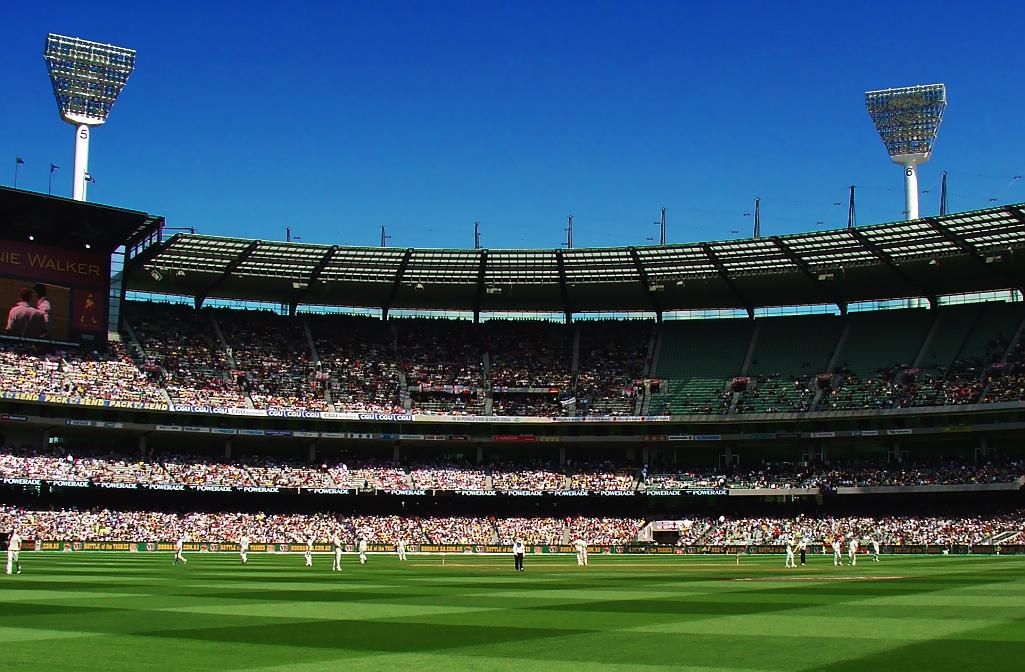
Boxing Day lands on Dec. 26 across the UK, Canada, Australia, and New Zealand, evolving from a custom of giving boxes of food or money to workers after Christmas. Today it looks more like a relaxed mix of big sales, sports matches, and time at the pub. Americans treat the day after Christmas as a reset day for travel or returns, not a holiday with its own personality. Since the original servant master tradition never existed in the US, the date never gathered meaning here.
May Day UK
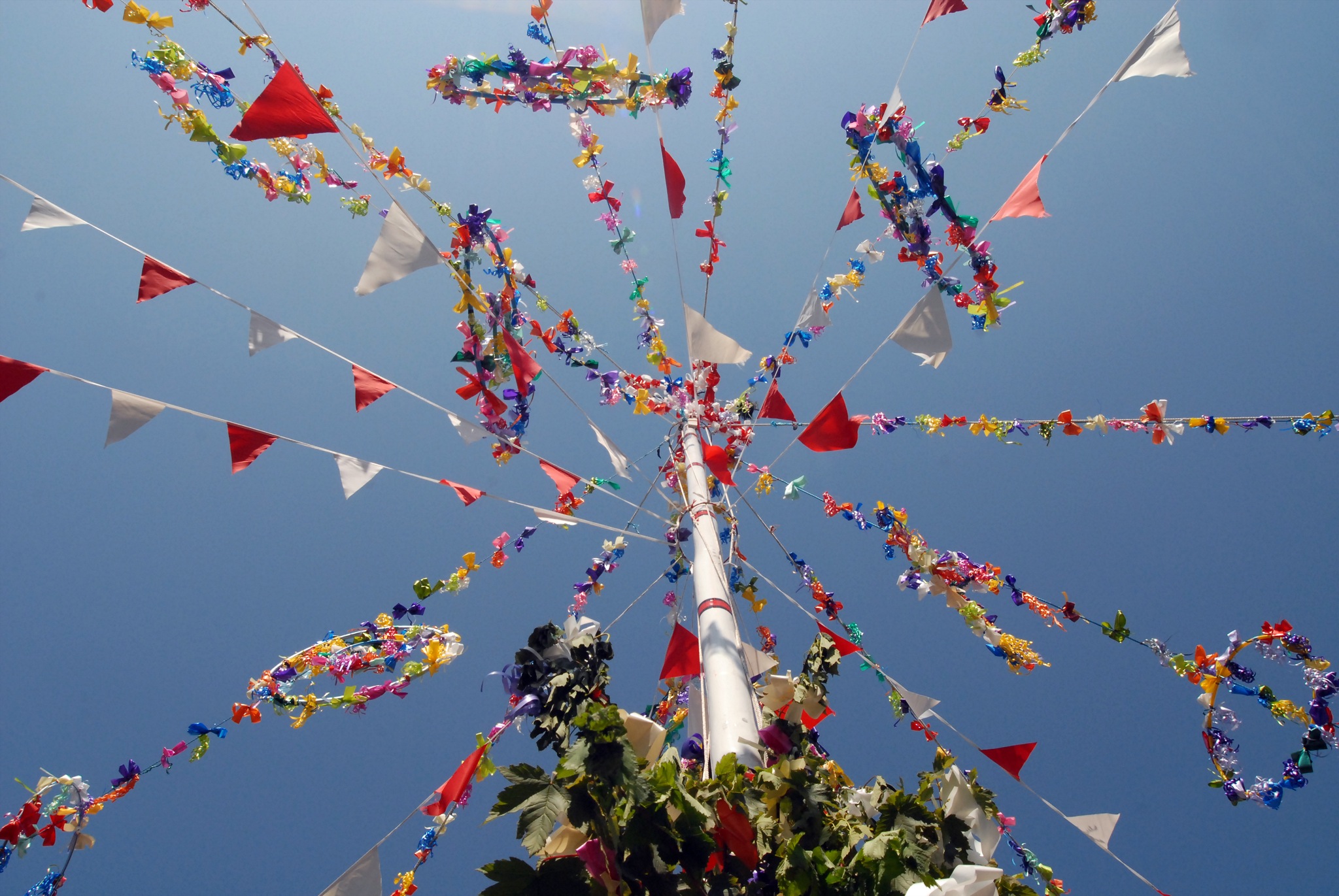
May Day on May 1 blends spring celebrations with labor history across Britain. Villages dance around maypoles and crown May Queens, while unions hold rallies and marches. It is cheerful and political at the same time, rooted in a long relationship with seasonal change and workers rights. The US built Labor Day into September instead, and the playful ribbon dances of May never became a national habit. Only small festivals and campuses keep a version of it alive.
Dia de los Muertos Mexico
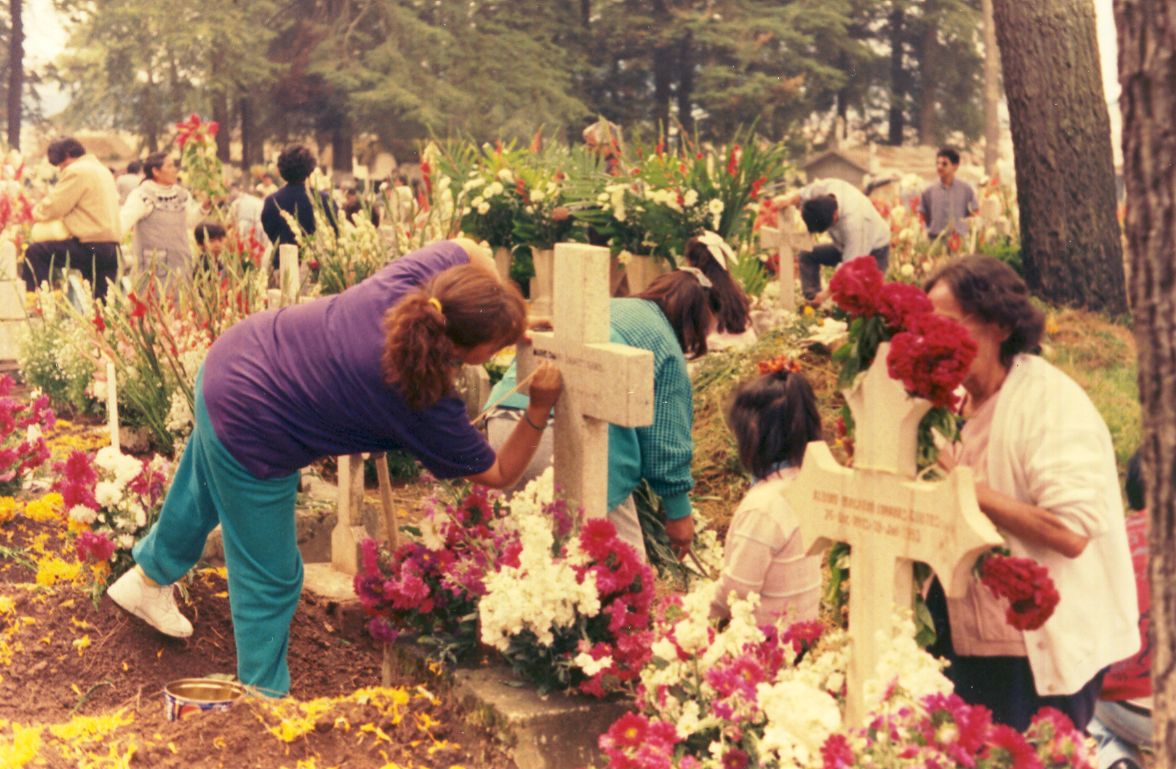
Dia de los Muertos on Nov. 1 honors relatives who have passed away, and the mood is warm, reflective, and full of color. Families create altars, cook favorite foods of loved ones, and decorate with marigolds to welcome spirits home for a visit. Parades and face paint make it both communal and personal. While the US has memorial traditions, the spiritual invitation and joyful remembrance behind this day grew from Mexican heritage, so it remains rooted in that cultural soil.
Guy Fawkes Night UK
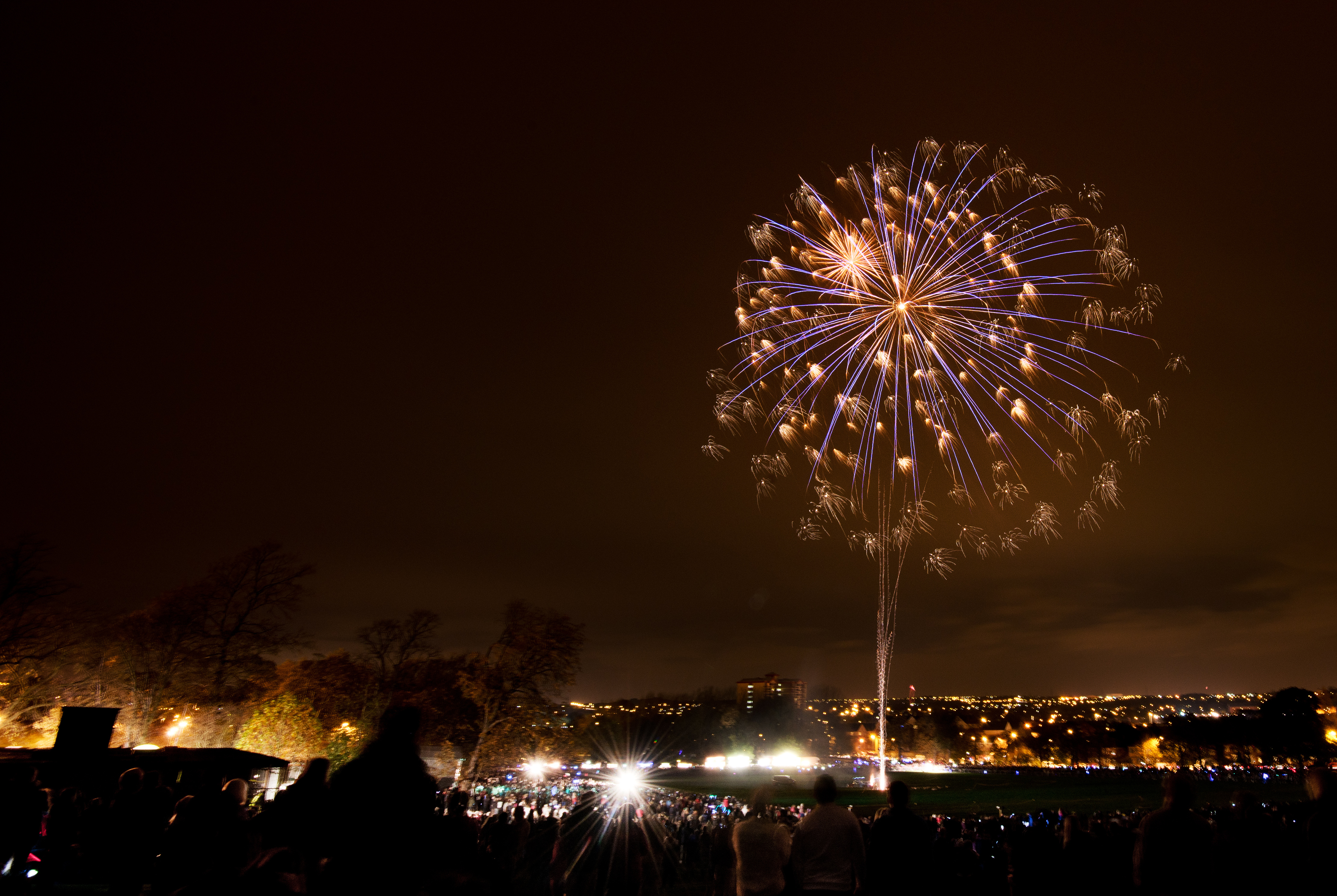
On Nov. 5 the UK lights up with bonfires and fireworks to mark the capture of Guy Fawkes, part of a failed 1605 plot to blow up Parliament. Crowds gather for a night that feels equal parts history lesson and spectacle. Americans have no emotional link to that moment, so the symbolism falls flat. Fireworks in the US belong to Independence Day, tied to its own nation-shaping story. Guy Fawkes Night stays a distinctly British tradition because the memory behind it never crossed the Atlantic.
Family Day Canada

Family Day shows up in mid February across several Canadian provinces, giving people a quiet day with loved ones between New Year and Easter season. Many spend it skating, relaxing indoors, or enjoying winter events when the cold feels endless. Americans value family, but the federal calendar rarely pauses for it. Presidents Day sits close on the calendar but focuses on US history. Without a nationwide day set aside simply for togetherness, Family Day remains uniquely Canadian.
Hogmanay Scotland
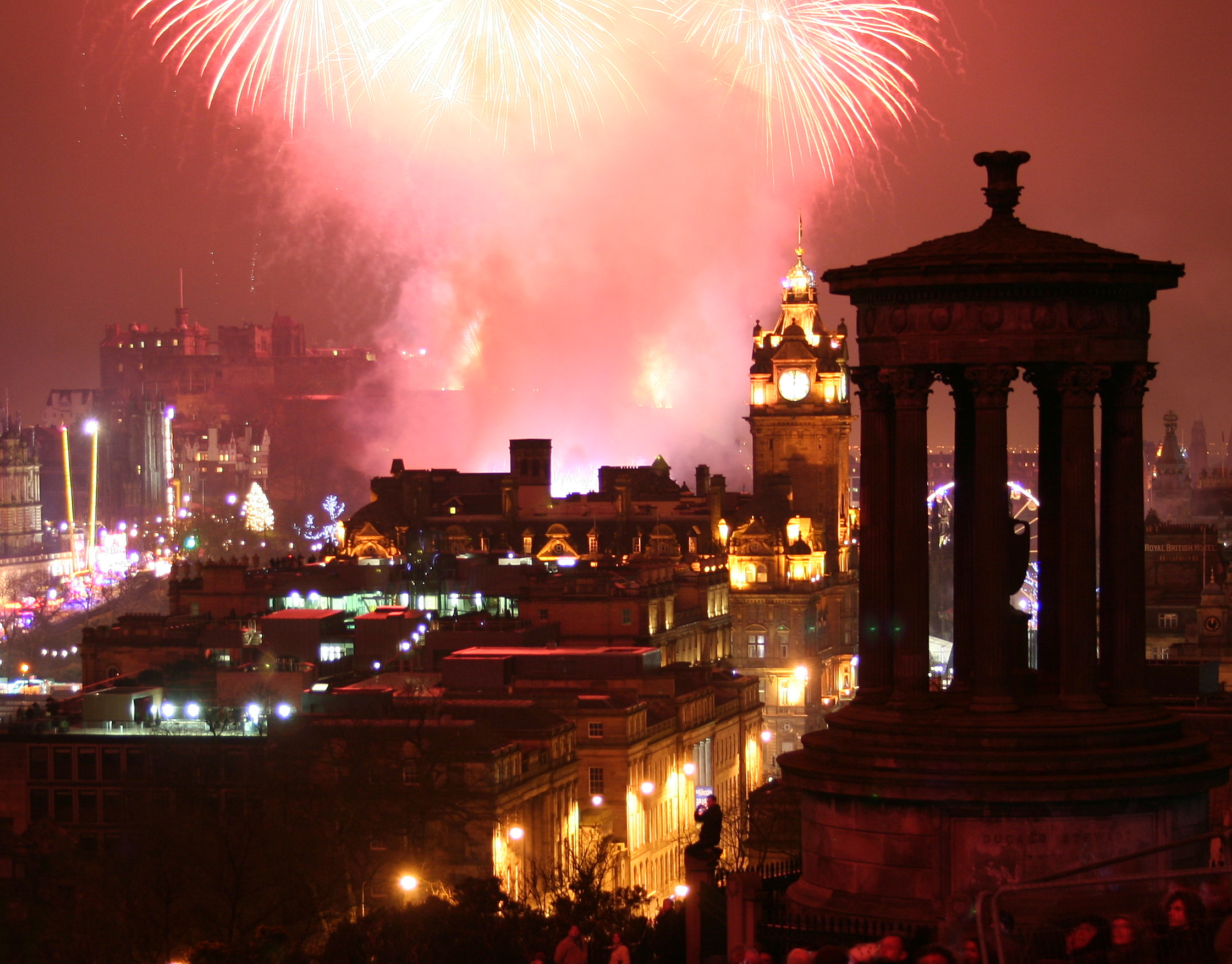
Hogmanay stretches New Year celebrations in Scotland across several days, from Dec. 31 through Jan. 2. Street festivals, concerts, and traditions like first footing keep the energy high long after midnight. The holiday draws from old winter rituals about clearing out bad luck and welcoming something better. Americans love New Year Eve parties but shut it down on Jan. 1 when work looms. Without that extra day and the deeper folklore, the rhythm of Hogmanay never settled into US culture.
Holi India
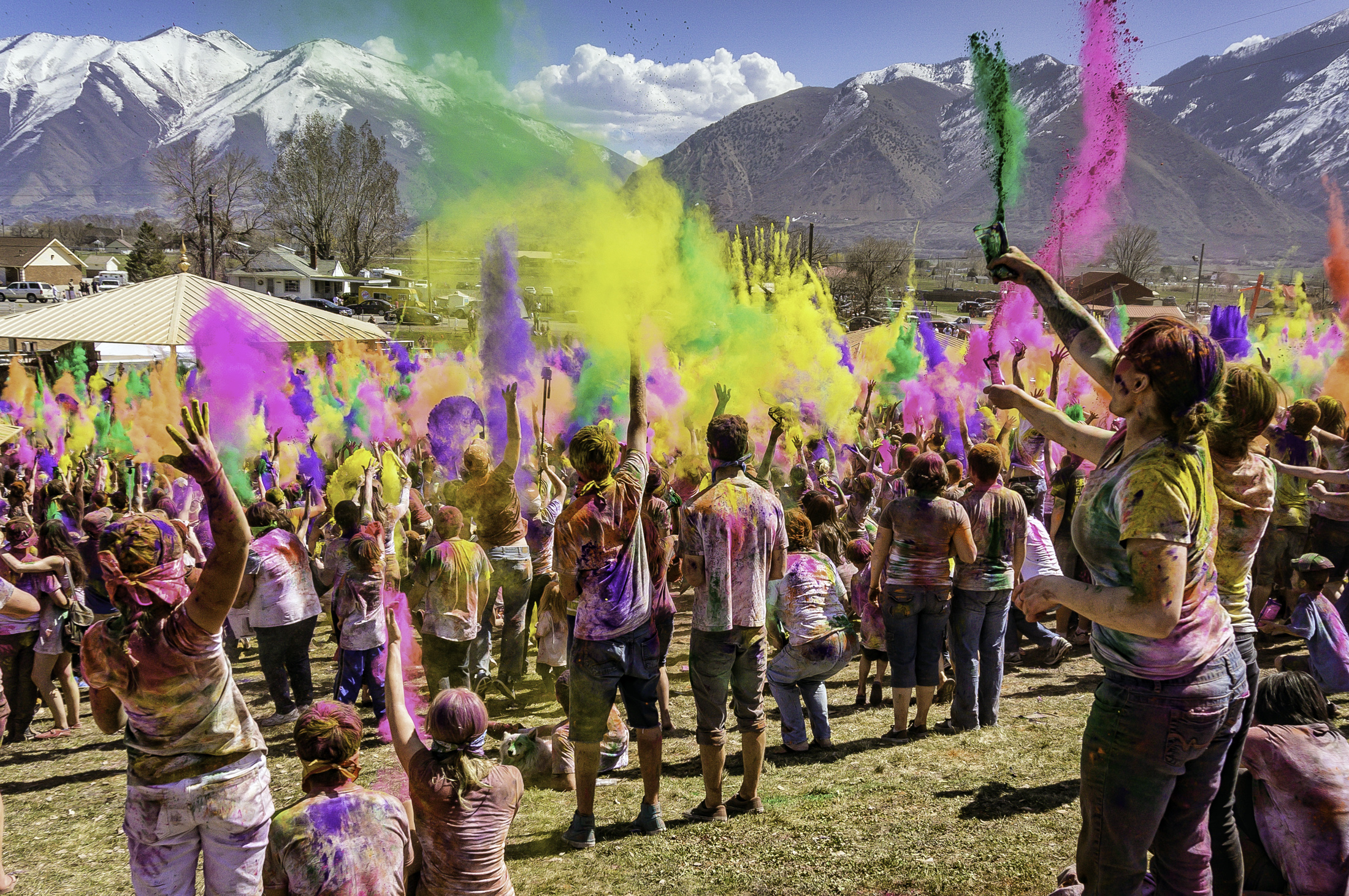
Holi welcomes spring with color, music, and the belief that love and renewal always return. Friends and families throw powder, share sweets, and often join prayers before the celebration spills into the streets. Holi 2025 will arrive on March 14, turning entire cities into bright clouds. In the US, Indian communities celebrate with growing enthusiasm, but it is still mostly cultural rather than national. Without shared roots or a federal holiday, it stays joyfully specific to those who carry the tradition.
Puck Fair Ireland
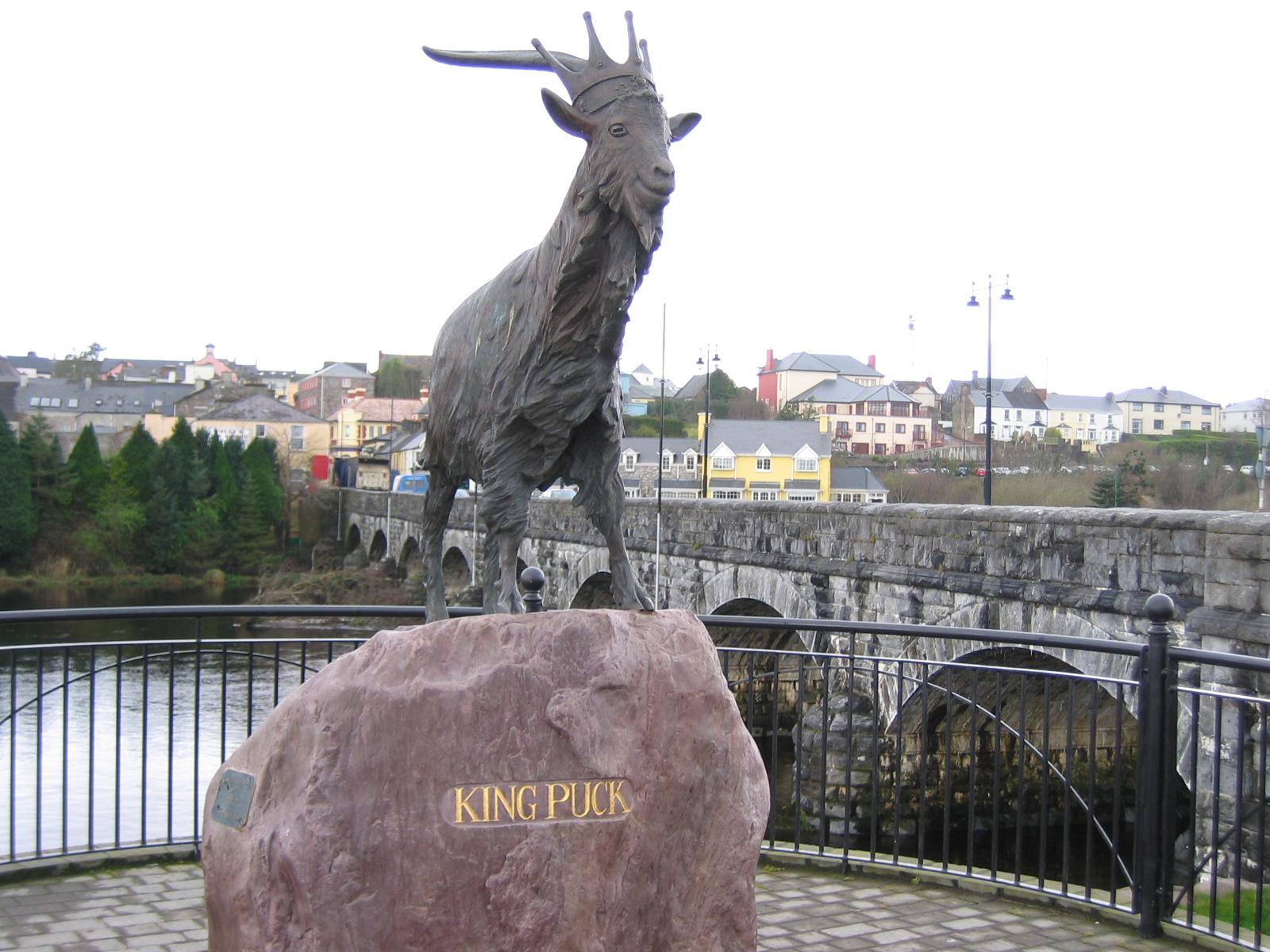
Puck Fair, held Aug. 10 to 12 in Killorglin in County Kerry, mixes folklore, markets, music, and pageantry in a small town that knows how to celebrate its past. The festival has run for centuries and carries a sense of pride that is hard to export. It is tied to a place, its people, and its stories. Americans love their county fairs, but Puck has a character built from Irish myth and rural history, and that kind of magic tends to stay where it was born.


